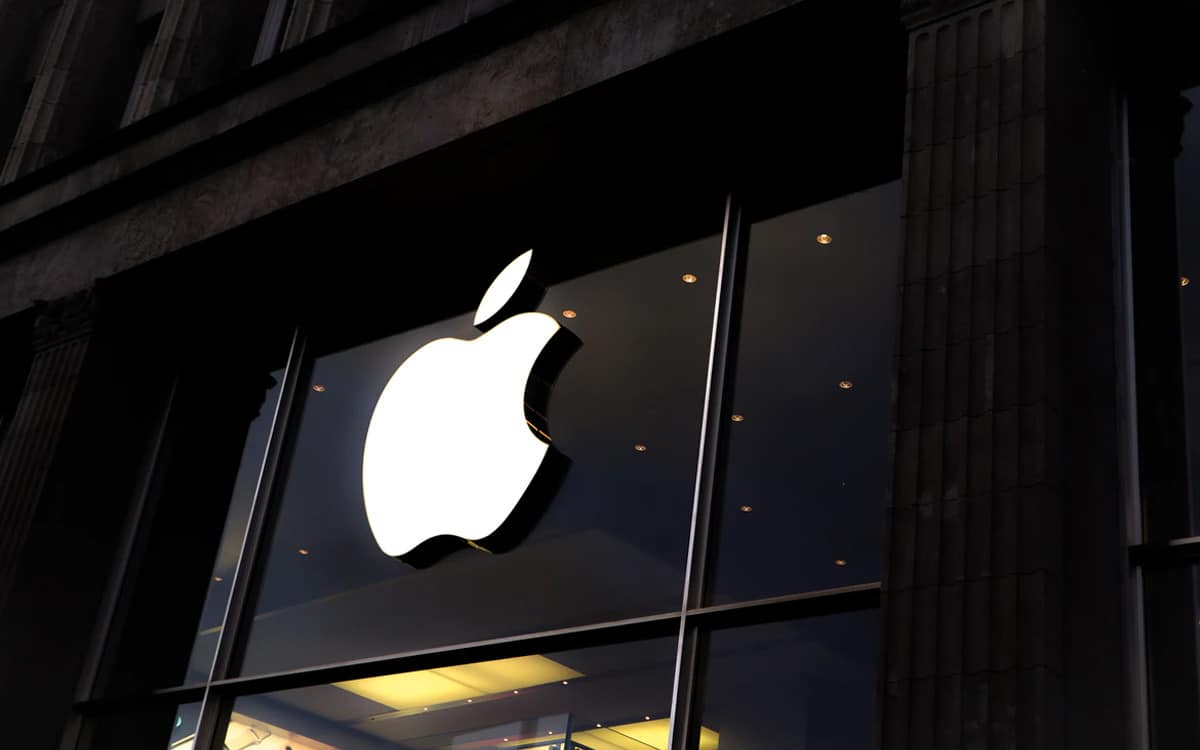The EU risks becoming Apple’s best enemy. The European Commission asked Tim Cook to open the company’s ecosystem to competition.
After forcing Apple to implement the USB-C port on most of its products, the European Union is now attacking the crown jewel of the Cupertino company: iOS. Thierry Breton, the European Commissioner for the Internal Market and Digital Affairs, would like the Californian giant to open its ecosystem to competition. After meeting Tim Cook in Brussels, the European official told Reuters: “the next task for Apple and other big companies technological, within the framework of the law on digital markets, is toopen their doors to competitors “. If the company does not meet this condition before March 5, 2024, it will then find itself in breach of the Digital Markets Legislation.
Apple services such as iCloud, Apple Pay, Apple TV+ and other Apple Music bring in around $20 billion each quarter. Profitability acquired at the cost of ever greater compartmentalization: when you buy an iPhone, iPad or an Apple Watch, you are obliged to embrace the company’s ecosystem. Mr. Breton adds: “Whether it’s the e-wallet, browsers or application stores, consumers using an iPhone should be able to benefit from competitive services offered by a series of suppliers.
After imposing USB-C on Apple, the EU now wants to force it to open its ecosystem
Will Apple have to kill the goose that lays the golden eggs? One thing is certain in any case: in the four corners of the world, Monopolies of Internet giants are called into question. In the United States, Google’s trial against the federal government began two weeks ago, and exposed the search giant’s illicit practices aimed at establishing its domination of the global Internet.
The European Digital Commissioner refutes theApple’s argument that choosing a closed system guarantees security data and users by affirming that “EU regulation”, while promoting a more open and fair market for all economic actors, “promotes innovation, without compromising security and privacy”.
